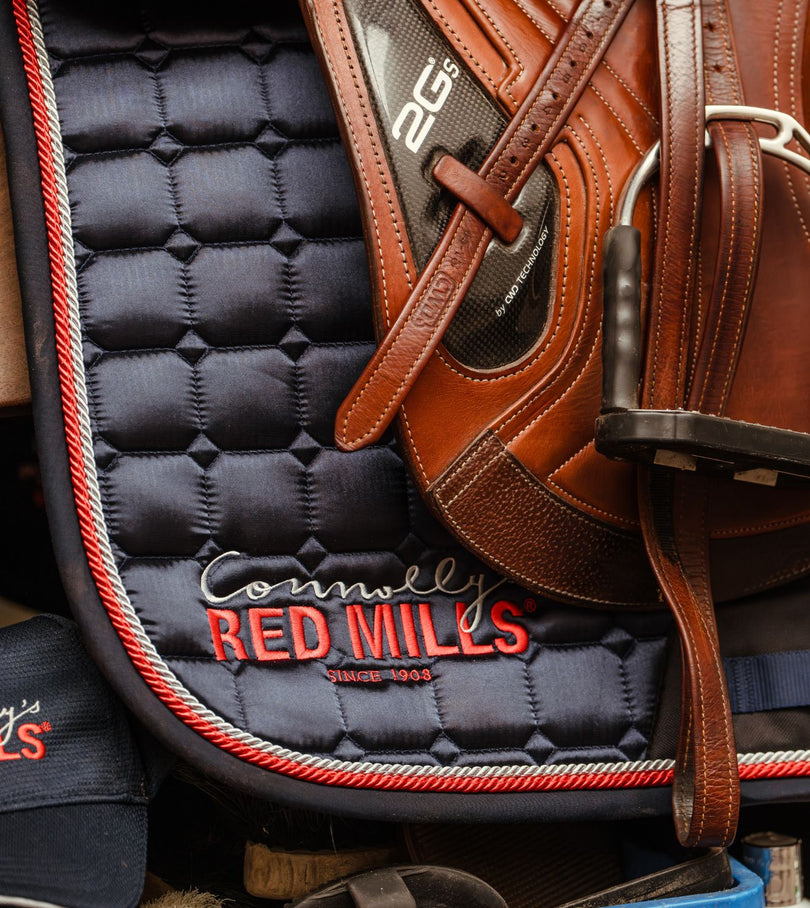One of the most important winter pet tips for dogs and cats, especially older ones, is to pay extra attention to their joints when the temperature drops and the rain increases. Winter is a tough season for pet joint health, but we can take a few steps to keep our furry friends comfortable. These winter pet health tips can make the season easier.
Why Winter Impacts Joint Health?
Ever notice how a hot shower or bath makes your muscles relax? Cold does the opposite, and that’s why stiffness and even arthritis show up this time of year. On top of that, many of us take our dogs for fewer or shorter walks when the weather is bad and it’s dark before we get out of work.
Early signs of joint pain in dogs and cats include a change in their gait and movements, taking longer to get up from bed or being less playful or less excited about walks.
We can’t prevent winter weather, but we can help keep our pets’ joints flexible and pain-free. If you are worried about how to support mobility in ageing pets in winter and year ‘round, one of the most effective things to do is feed a diet rich in omega-3 fatty acids, glucosamine and chondroitin.
Spotting Early Signs of Joint Discomfort
How can you tell if your pet’s joint health is declining? Arthritis and other joint problems generally start gradually. You might notice signs such as:
- Your pet is less interested in playing, running, jumping or climbing but still isn’t lethargic or showing signs of illness.
- They are reluctant to go up or down stairs or hesitate to hop up onto the sofa.
- Your dog or cat grooms themselves less thoroughly, especially if they consistently miss harder to reach spots.
- They are slower to get out of bed.
- The sight of their lead or favourite toys doesn’t trigger as much excitement as they used to.
If you’ve spotted early signs of joint pain in dogs and cats, don’t despair. With good care, including some winter pet health tips, your furbaby still can still have many active, fun years ahead. They just need the right cat or dog joint care.
Nutrition for Pet Joint Health
The best foods for joint health in pets include ample omega-3s, glucosamine, chondroitin and antioxidants. These are game changers for pet arthritis support. Arthritis involves deterioration of the cartilage that pads the joints. These nutrients provide pet joint pain relief by protecting that cartilage.
Best Foods and Nutrients for Joint Health in Dogs & Cats
What’s the best way to get these important nutrients into your dog or cat? You have many options, so even the fussiest pet will like at least one of these suggestions.
- Fish-based dog foods such as Go Native Herring with those extra omega-3 oils such as Leader Supreme mean every meal supports your dog’s joint health.
- For ageing pets, Leader Senior dog food provides complete nutrition to meet their changed needs and help them stay active so they can keep living their best life.
- Treats don't have to be the pet equivalent of junk food. Nutri-Vigor Hip and Joint Care treats are an easy way to reward your dog with a natural source of omega-3 and omega-6.
- For our feline friends, Winner Cat is a complete cat food option from kitten to adult stage to keep them thriving this colder season. It’s a vital part of your cat joint care plan.
Keeping pets fit and trim will also ease the wear and tear on their joints. If your dog tends to put on excess weight easily, consider switching to Leader Slimline. While regular exercise is crucial, exercising exclusively on pavement can be hard on joints. Finding places where your dog can walk on grass or a dirt trail can prevent damage to their joints and provide a more comfortable way to get the exercise they need if they are developing joint problems.
Natural Supplements that Support Pet Mobility
Sometimes, a wholesome and healthy diet needs a boost for pet arthritis support. As arthritis or other issues progress, natural supplements for pet joint care can provide extra support. With glucosamine and green lipped mussel, Foran Pet Care’s Arthri-Can range includes both chews and liquid formula to help protect your pet’s joints.
If you present the supplement like medicine, most dogs will be suspicious. But if you offer it as if it were a treat, telling your dog to sit first for example, they are likely to gobble it right down. You can mix the liquid with their favourite food, and add a small bit of a healthy human food like cooked egg or lean meat to make it irresistible.
None of these foods or supplements offer instant relief. They aren’t medicines. But if you use them consistently, they will help protect the cartilage of your pet’s joints, reducing pain and increasing mobility over the long term.
Simple Winter Mobility Tips for Senior Pets
Diet is crucial, but it isn’t the only tool we have to keep our pets more comfortable in winter. These winter pet health tips will make a difference.
As our pets age, it’s vital to keep them active without pushing them too hard. Slower, shorter daily walks are important. A good, warm raincoat will help your dog enjoy walks on most winter days, although skipping days when the paths are icy or the rain too heavy is best. On those days, some interactive play inside is a fun alternative.
We all need comfortable, warm places to rest. Even a pet who happily slept on a concrete patio in their youth will benefit from a thick, soft bed in middle age. One of the most overlooked winter health tips for senior dogs and cats is to invest in a quality bed for them. It’s no harm to provide your dog with a couple of nice cat or dog beds, especially if it is getting difficult for them to hop up onto the sofa or climb their cat tree.
Winter can be challenging for dogs and cats, but with the right pet joint care in winter, you can keep them active and pain-free. Focus on a nutrient-rich diet with omega-3s, glucosamine, and chondroitin, add natural supplements for pet mobility, and maintain gentle exercise along with a warm, supportive bed. These simple winter pet health tips help protect joint cartilage, reduce stiffness, and keep your furry companions moving comfortably throughout the colder months.












